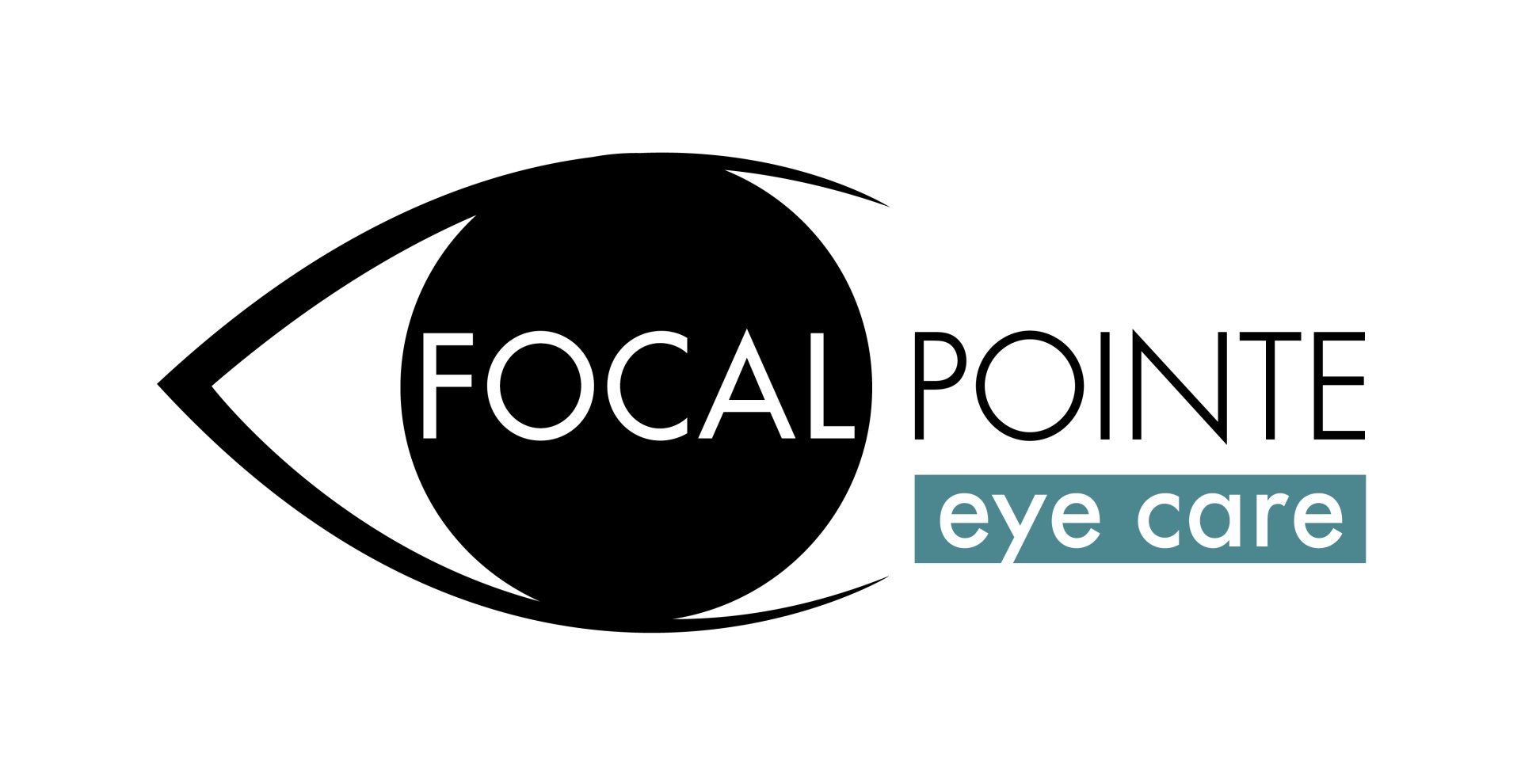Dry eyes AND dry mouth? How to treat symptoms and the underlying cause
Dryness can affect many areas in the body and is common to experience occasionally. When dryness becomes a part of your everyday life, it’s time to seek out a professional. We notice dryness quickly in areas that are supposed to stay moist, like our eyes and mouth. It can make daily activities uncomfortable and painful.
Dry eyes lead to blurred vision, itching, light sensitivity, and chronic infections or ulcerations. Dry mouth makes speaking and chewing difficult, causes sores, and leads to dental decay.
So how do we control this?
Running humidifiers, using artificial tears, and drinking more water can help, but could only be masking an underlying condition. Systemic dryness is a red flag and is the most common symptom of Sjögren's(“SHOW-grens”)syndrome - a chronic autoimmune disorder that disrupts the production of moisture that our bodies need to stay healthy. The severity and number of symptoms varies from person to person.
Working with a rheumatologist is key for diagnosing Sjögren's syndrome and long-term treatment. Seeing an eye care provider will help you manage ocular symptoms as they occur. With Sjögren's, the body attacks the small glands within the eyelids that produce healthy tears. Regular visits with your optometrist will determine exactly how damaged these glands are and give you the tools to fight back. Prescription eye drops are available to reduce uncomfortable inflammation and keep eyes lubricated throughout the day. Advanced treatments like TearCare and Intense Pulsed Light give your eyes a jump start to begin producing healthy tears again.
These regular visits with eye care professionals make a world of a difference. Without regular assessment and management, Sjögren's syndrome can lead to irreversible damage to the eyes. Symptoms can vary by the day, so be vigilant and follow our list of tips below!
- Always keep artificial tears with you! Especially when traveling. Air blowing from vents in cars and airplanes can escalate dryness.
- Try to avoid preservatives. Preservative-free eye drops are gentler on the eyes.
- Use a moist heat mask nightly. Warmth encourages oil and tear production, and adding a dampened layer between your eyes and the mask brings in more moisture.
- Leave extra space around your eyes when applying skincare products and creams. As your skin absorbs products, they migrate. Keeping extra space from the eye stops them from irritating the sensitive skin or getting in the eye.
- If eye symptoms worsen seasonally, add an OTC allergy drop to your routine.
- Gel tears and eye ointments are best at night. The thicker consistency lasts longer periods and can blur vision, so wait until bedtime!
- Follow the 20/20/20 rule when using computers or phones for long periods. Every 20 minutes, look at something 20’ away, and blink HARD 20 times.
- Try moisture chamber glasses or wrap-around sunglasses. Both offer a larger shield from air currents that irritate eyes. Moisture chamber glasses seal completely and are perfect for those who experience worse symptoms overnight or in the mornings!
- Discuss contact lenses with your doctor. Daily disposable soft lenses are the most comfortable option. Scleral lenses hold moisture on the eye, keeping it comfortable for extended periods.
- Take an omega-3. These supplements help produce better quality oils in the body.
- Bring in more water. This means drink more during the day and have a humidifier in your home or office.
- Research your medications. Some drugs increase dryness as a side effect.
A little more about Sjögren's syndrome: Sjögren's can develop on its own or can be triggered from other conditions. Autoimmune conditions like rheumatoid arthritis and lupus, and some viral infections like Epstein-Barr, Hepatitis C, and COVID-19 have been linked to Sjögren's. In addition to dry eyes and mouth, other systems can be affected such as; dry throat causing chronic cough and trouble swallowing, dry skin with rashes, dry nose with frequent nosebleeds, joint pain, peripheral neuropathy, fatigue, vaginal dryness, brain fog, and more. Two million people in the United States alone have Sjögren's syndrome! More than 90% of those with Sjögren's are women, and over 50% have at least one other autoimmune condition.
Do you have Sjögren's and want to find a support network? Visit https://sjogrens.org/
Sjögren's disease can significantly affect daily life, especially for those experiencing severe dry eyes and mouth. Early diagnosis and appropriate management are key to reducing symptoms and preventing complications. If you suspect you or a loved one have Sjögren's disease or are experiencing symptoms, schedule an appointment with us today. Our expert team is here to provide comprehensive care and help you manage your eye health effectively.

